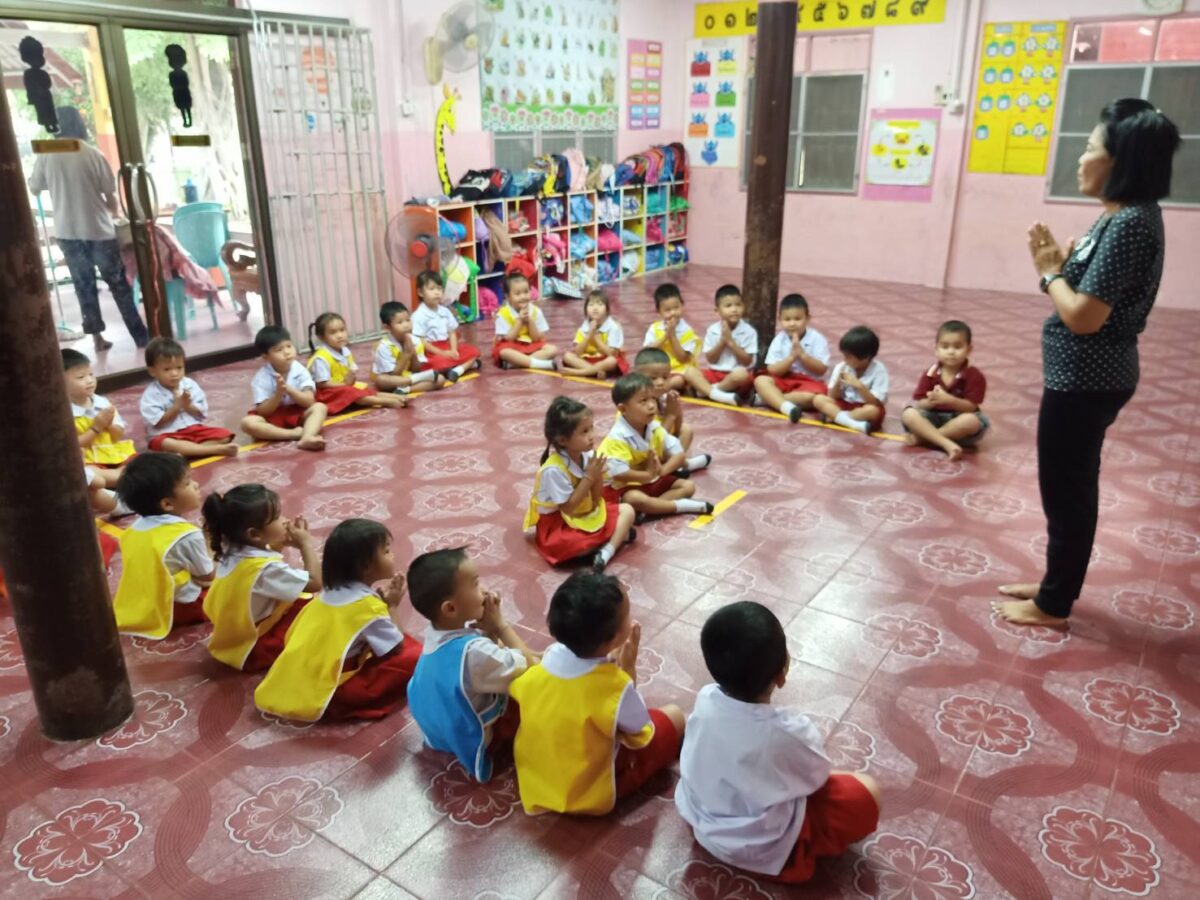Pre-Primary Education
Educators, parents, and early childhood experts worldwide have increasingly recognized that education does not begin at age 5 or 6 when a child first enrolls in primary school. Rather, education begins well before then in preschool and other early childhood programming. Years before a child is ready to learn literacy, basic math, or other academic skills, they begin laying down the foundation for future learning through play, exploration, and age-appropriate programming. Sustainable Development Goal 4.2 calls for universal access to preschool by 2030. This must include all learners in low- and middle-income countries, including young learners with disabilities.
IDP has worked with donors such as the World Bank and USAID and partner organizations such as the University of Notre Dame Pulte Institute for Global Development and the Education Development Center.
Learn about some of IDP’s activities involving childcare and pre-primary education programming:

- Inclusive Childcare and Employment
- Supporting Holistic and Actionable Research in Education (SHARE): Receptive and Expressive Language Module (RELM)
- Disability Inclusive Pre-Primary Landscape Review
